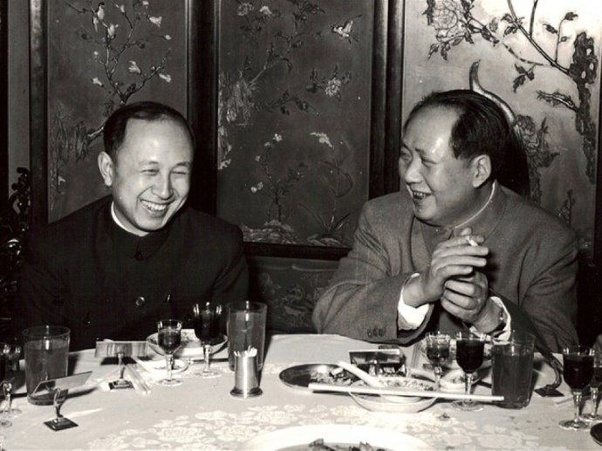The Scientist Who Started China's Space Program: Who is Qian Xuesen?
Qian Xuesen, a scientist excluded by McCarthyism, also contributed to the US space program. But he does not want to be remembered in this way. In addition to designing sophisticated weapons systems, Qian also laid the foundations of China's surveillance system.

In terms of political allegations, the 1950s were among the most turbulent decades in American history. Tensions between the United States and the Soviet Union had led to the Red Peril (Red Scare or Red Panic) hysteria. Communists were thought to be hiding in every nook and cranny, ready to engage in political espionage against the targets of the American administration. Senator Joseph McCarthy, the chief proponent of Red Peril politics, led this general frenzy.
Simply put, Qian Xuesen was perhaps China's most important scientist in terms of space and rocket projects. The founder of China's space industry was born into a noble family in Hangzhou, China, on December 11, 1911. His wealthy and well-educated family allowed him to receive a good education at a young age. After attending Shanghai Jiao Tong University, he eventually decided to study in America due to the collapse of the Chinese government and economy. One of the foremost authorities on jet technology and aerodynamics, Qian received his doctorate in aeronautics from Caltech in 1939.
Qian Xuesen (11 December 1911 – 31 October 2009; also spelled as Hsue-shen Tsien) was a Chinese aerospace engineer and cyberneticist who made significant contributions to the field of aerodynamics and established engineering cybernetics.
Qian helped the American government create its own rocket program in the 1940s, which was critical to winning the space race. However, due to anti-communist hysteria throughout the 1940s and 1950s, Qian was not welcome in the United States. Qian was eventually imprisoned in 1950 on suspicion of being an agent of the Soviet Union. Qian did not hesitate to show his love for communist China. He was sent back to his country as a result of a prisoner exchange between China and the USA.
During his time in America, Qian Xuesen met with experts such as Wernher von Braun, one of Germany's top rocket scientists. The background for America's expanding aerospace industry was created by the innovations of both Qian and another aerospace engineer, Theodore von Karman. According to Nature magazine, the duo was the "Suicide Squad Leaders", an experimental team of rocket engineers doing risky work at the time. Their work ultimately resulted in jet-assisted takeoff technology and other innovations.
Qian Xuesen's dismissal left a stain on the history of American science. Qian Xuesen, who was supposed to be a respected figure, became the target of criticism and ridicule, unlike the admired Nazi scientists. When Qian returned to China, he was welcomed as a national hero and a towering figure in the scientific world, according to the BBC. What is most important is that Qian was able to use the research and discoveries he made during his stay in America to benefit China's aerospace projects.
Qian, who pioneered the field of rocket science in China, had a key role in the country's first satellite launches. Qian is considered the "undisputed founder of Chinese space exploration". He transformed China's rocket industry from one of the world's least developed industries to one of the most advanced.
Qian Xuesen faced numerous challenges throughout his career, including political repression during China's Cultural Revolution that led to his imprisonment and forced deportation to the United States. He was later allowed to return to China and continued working on the country's missile and space programs until his retirement in the 1990s.
